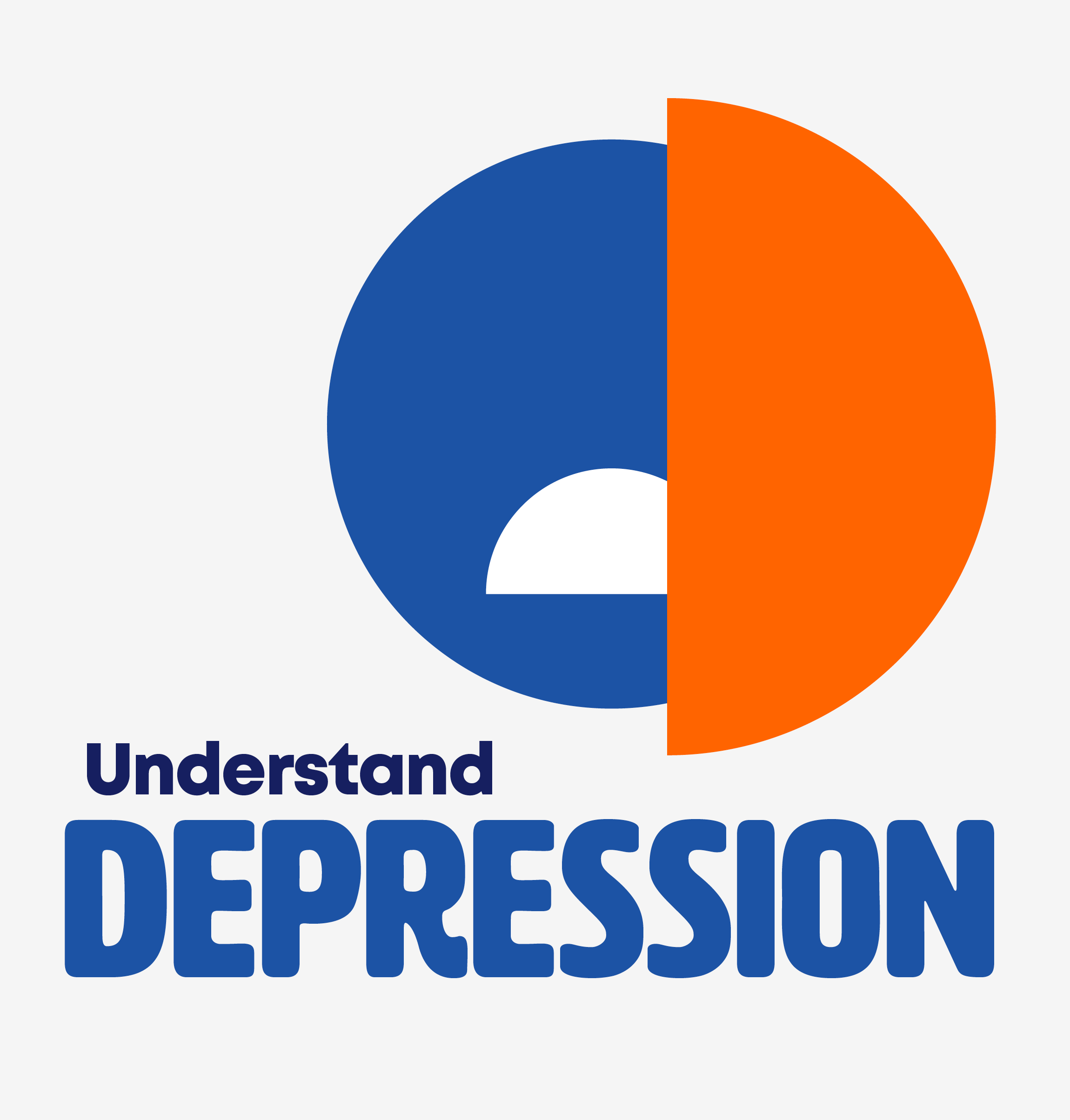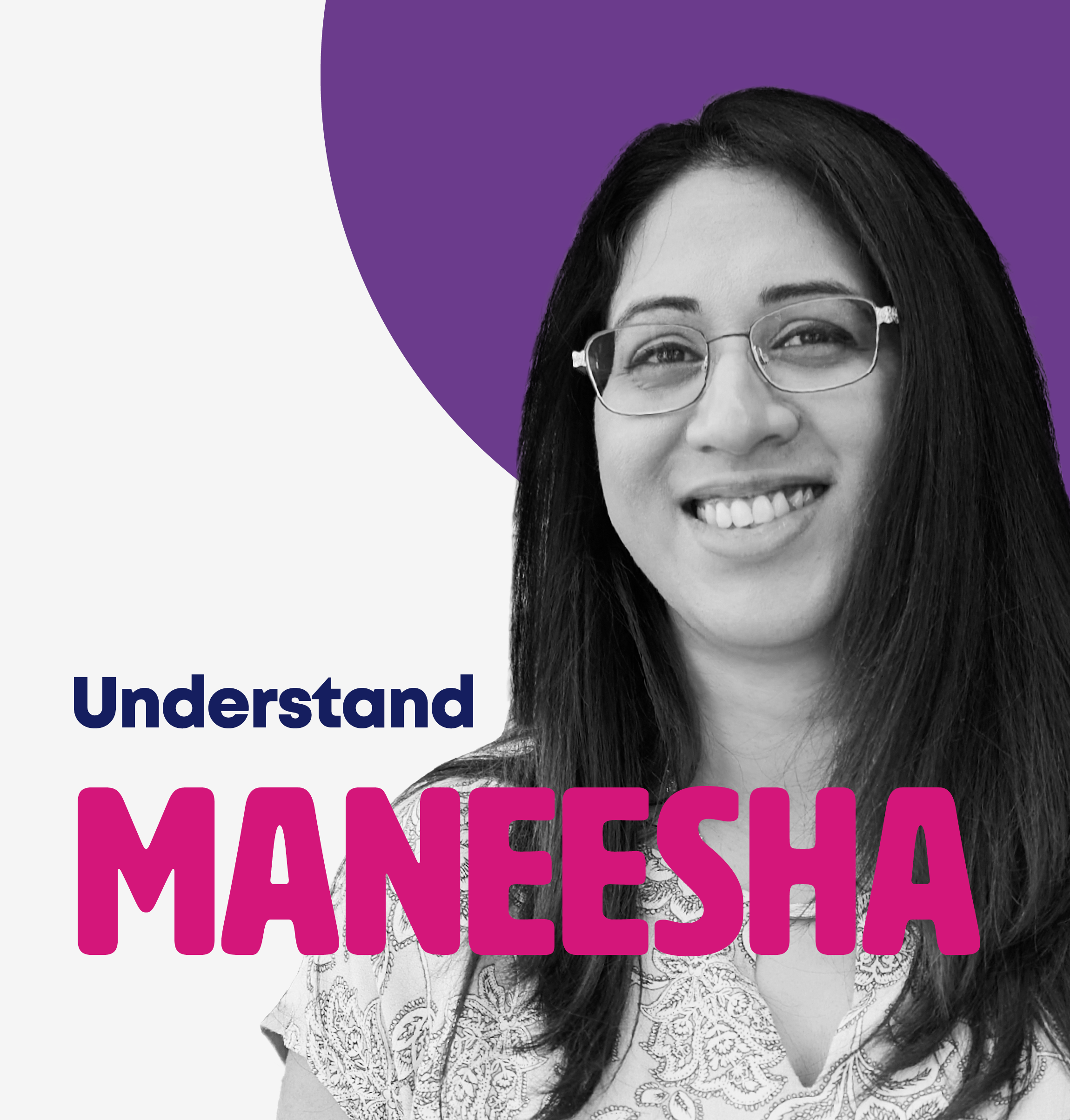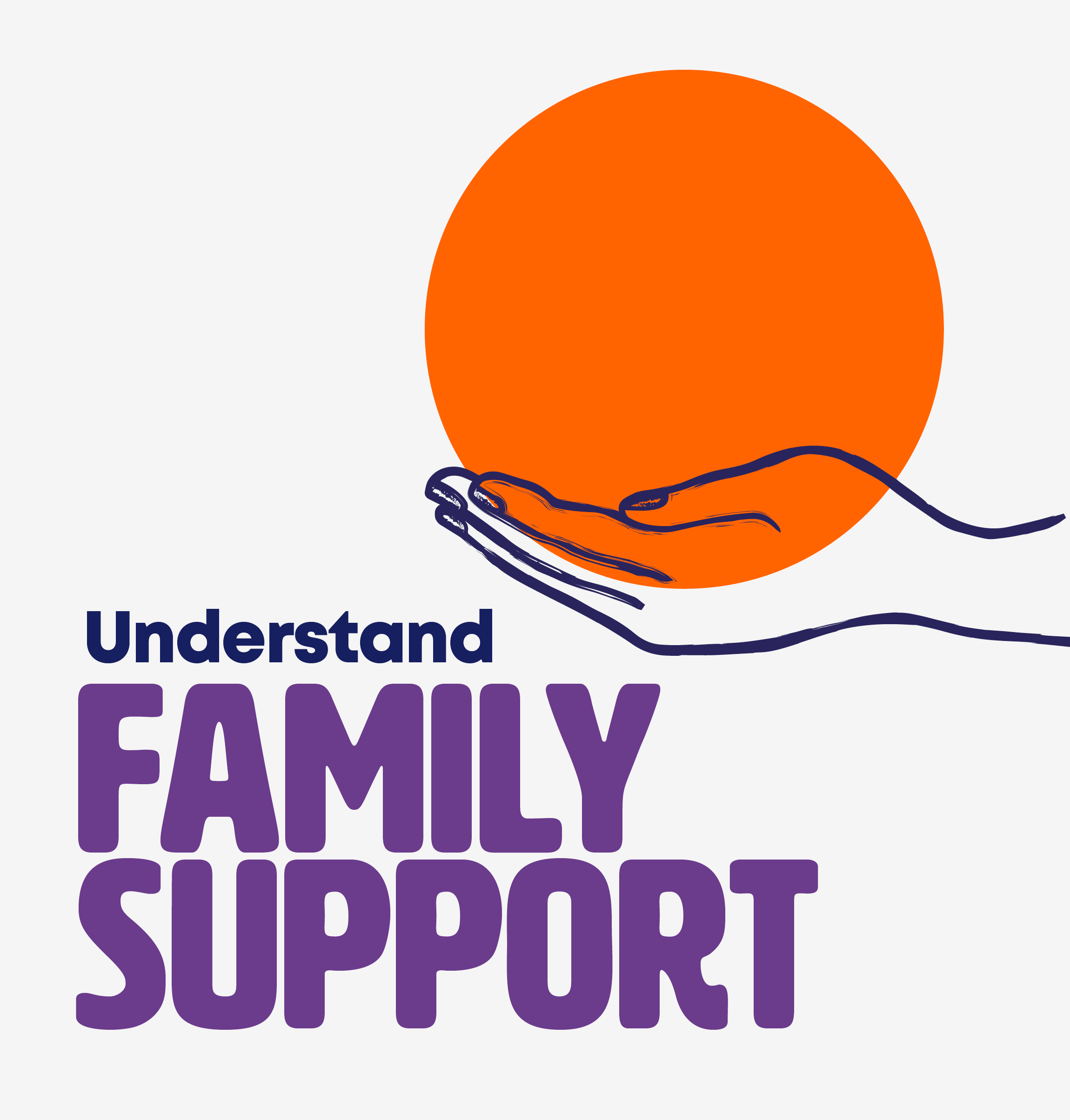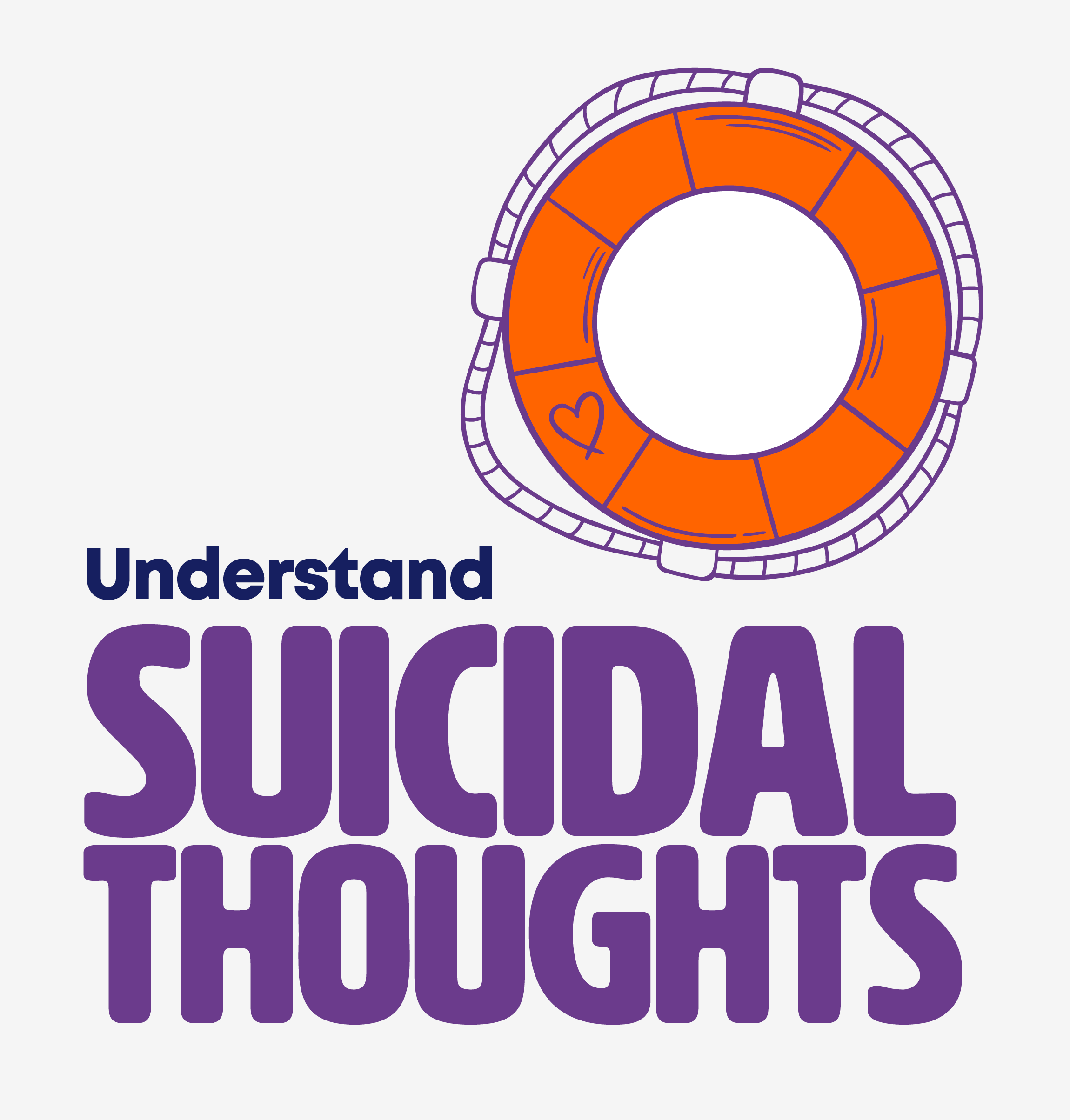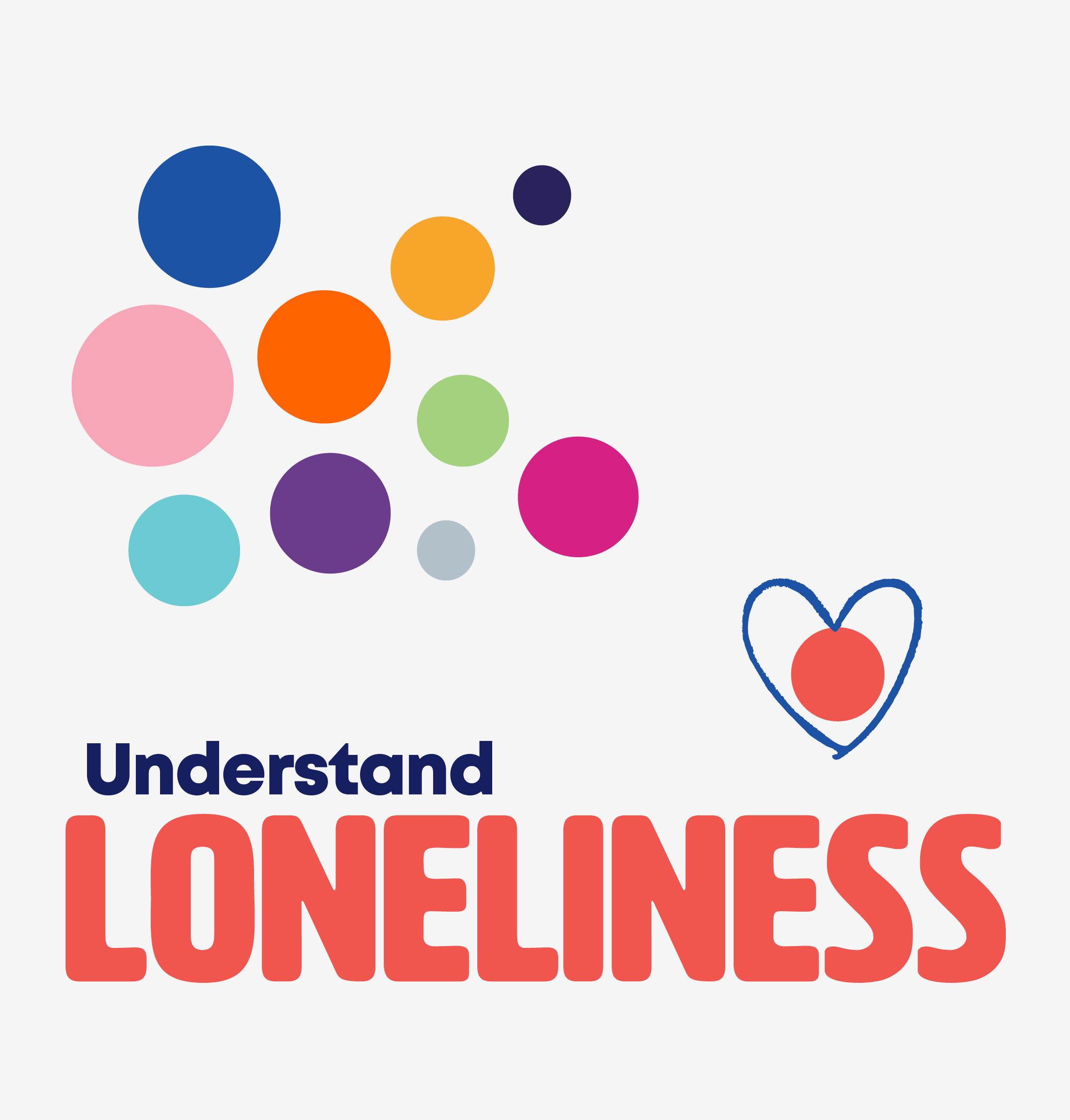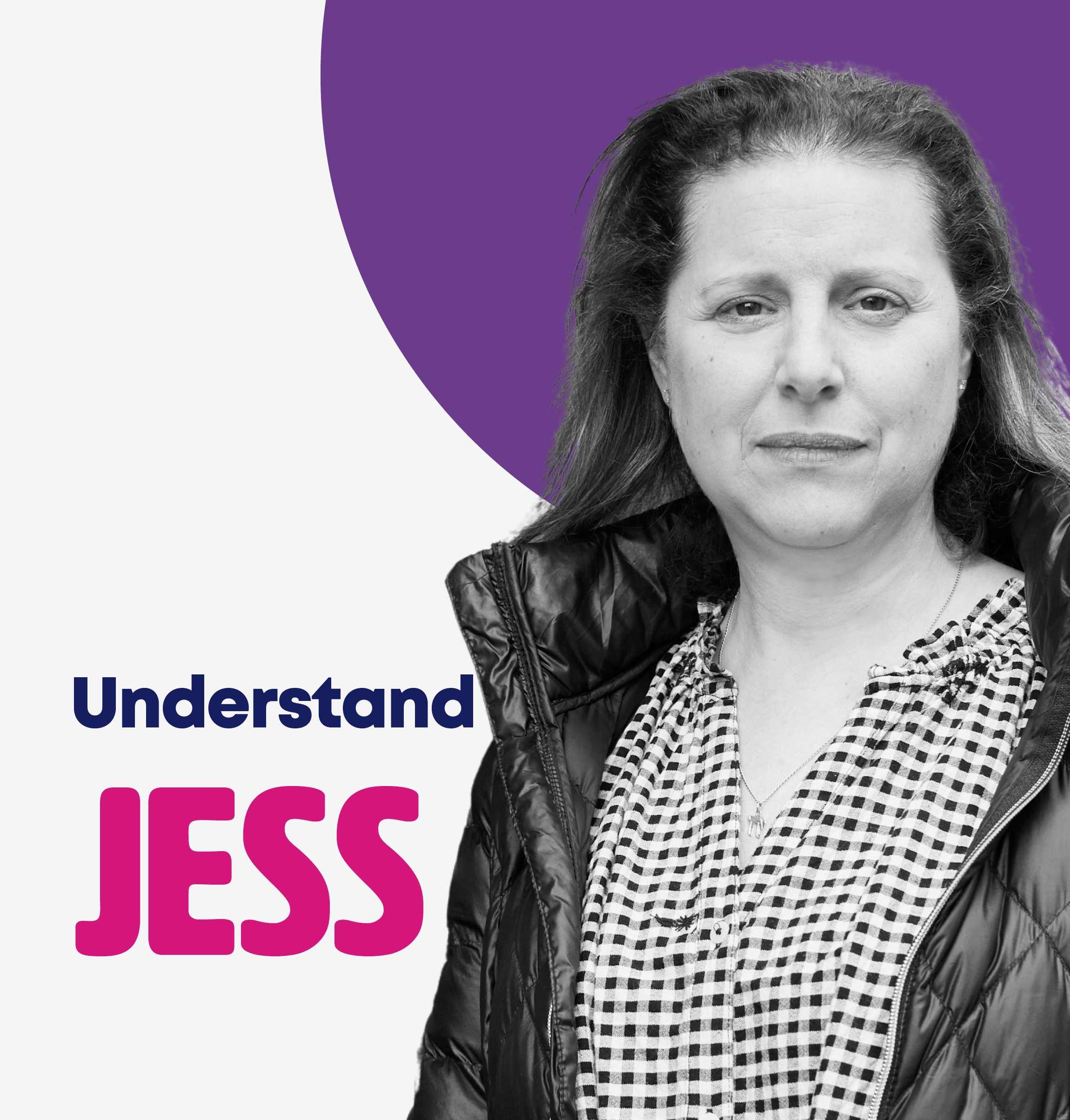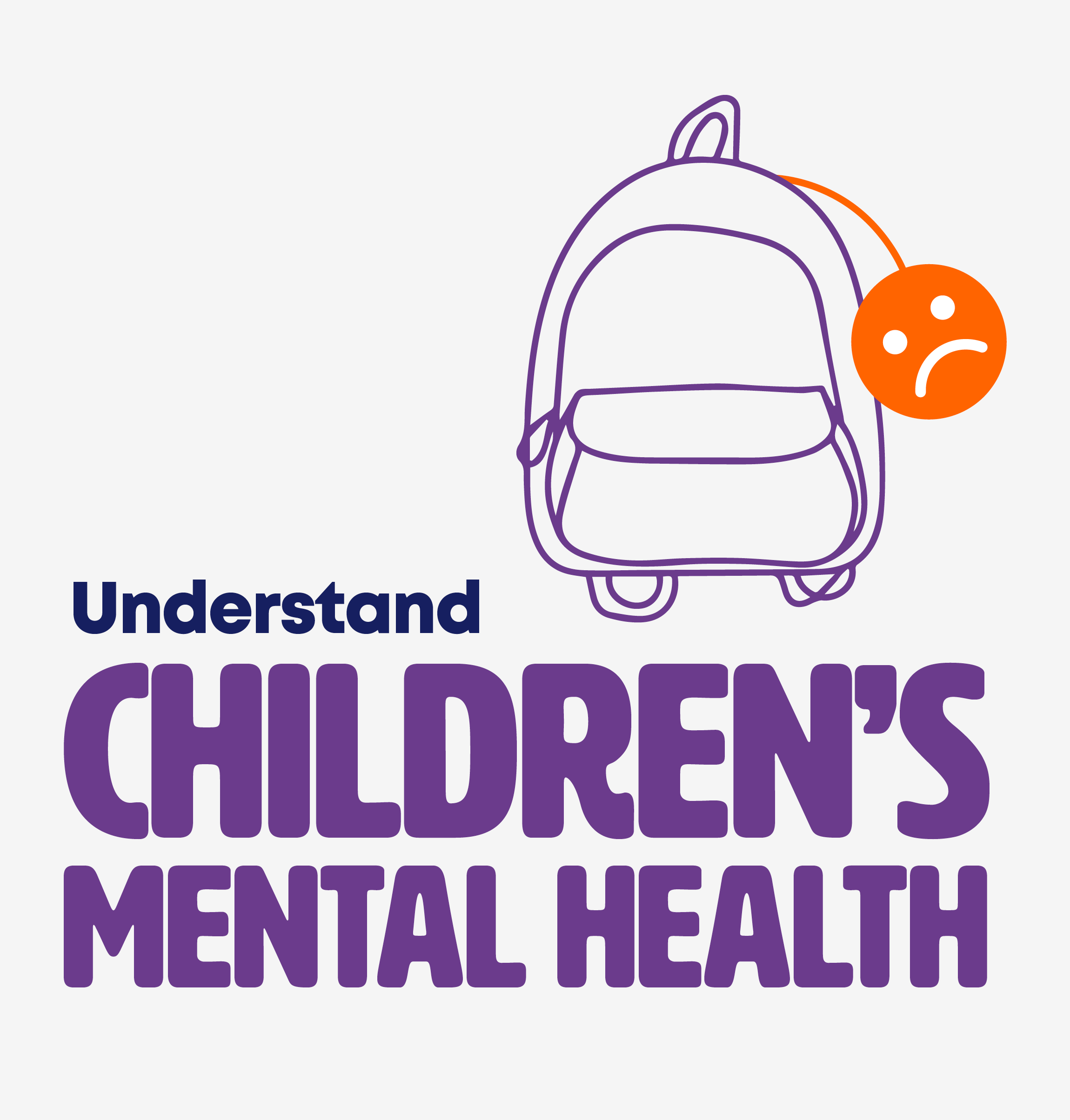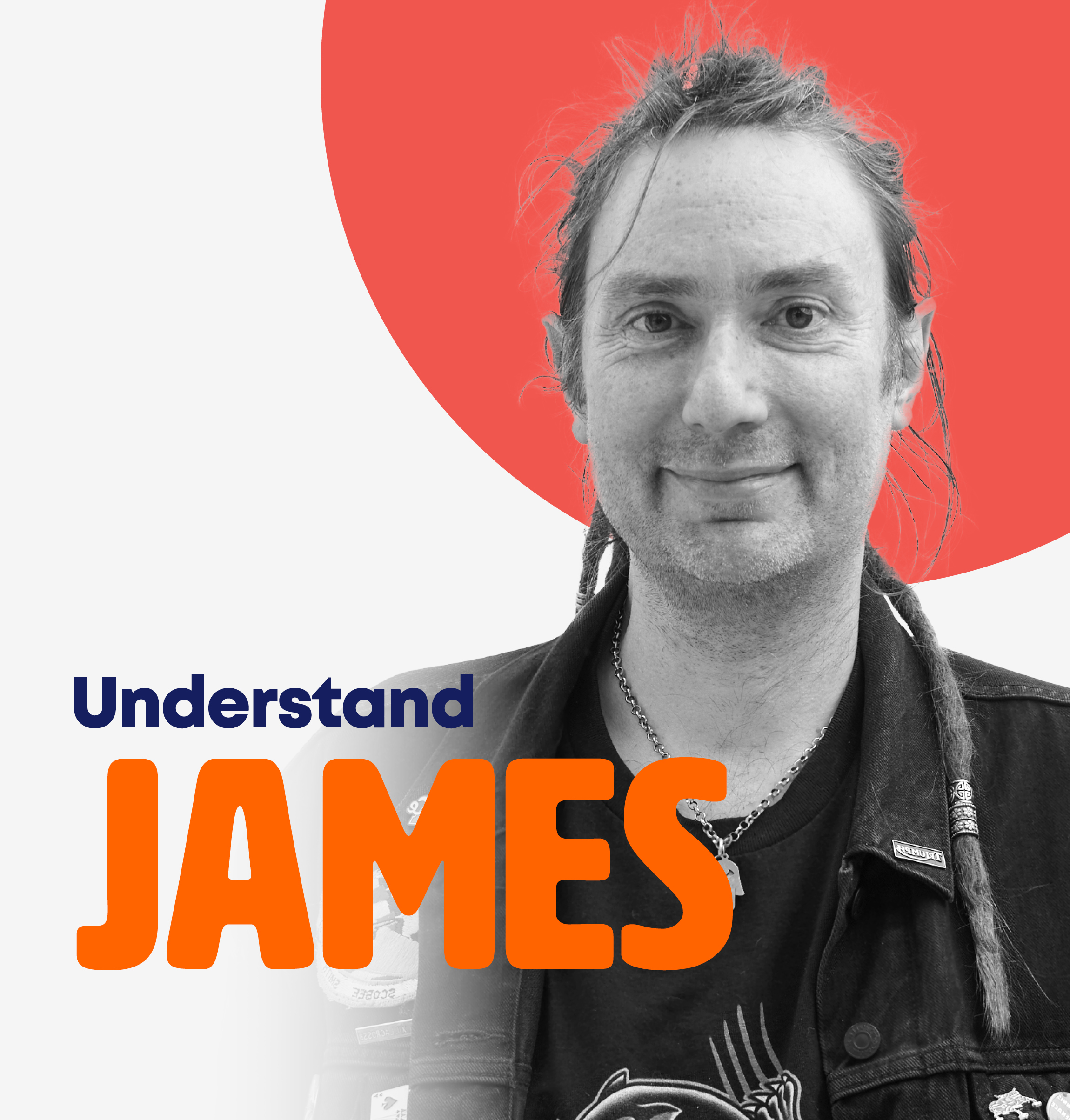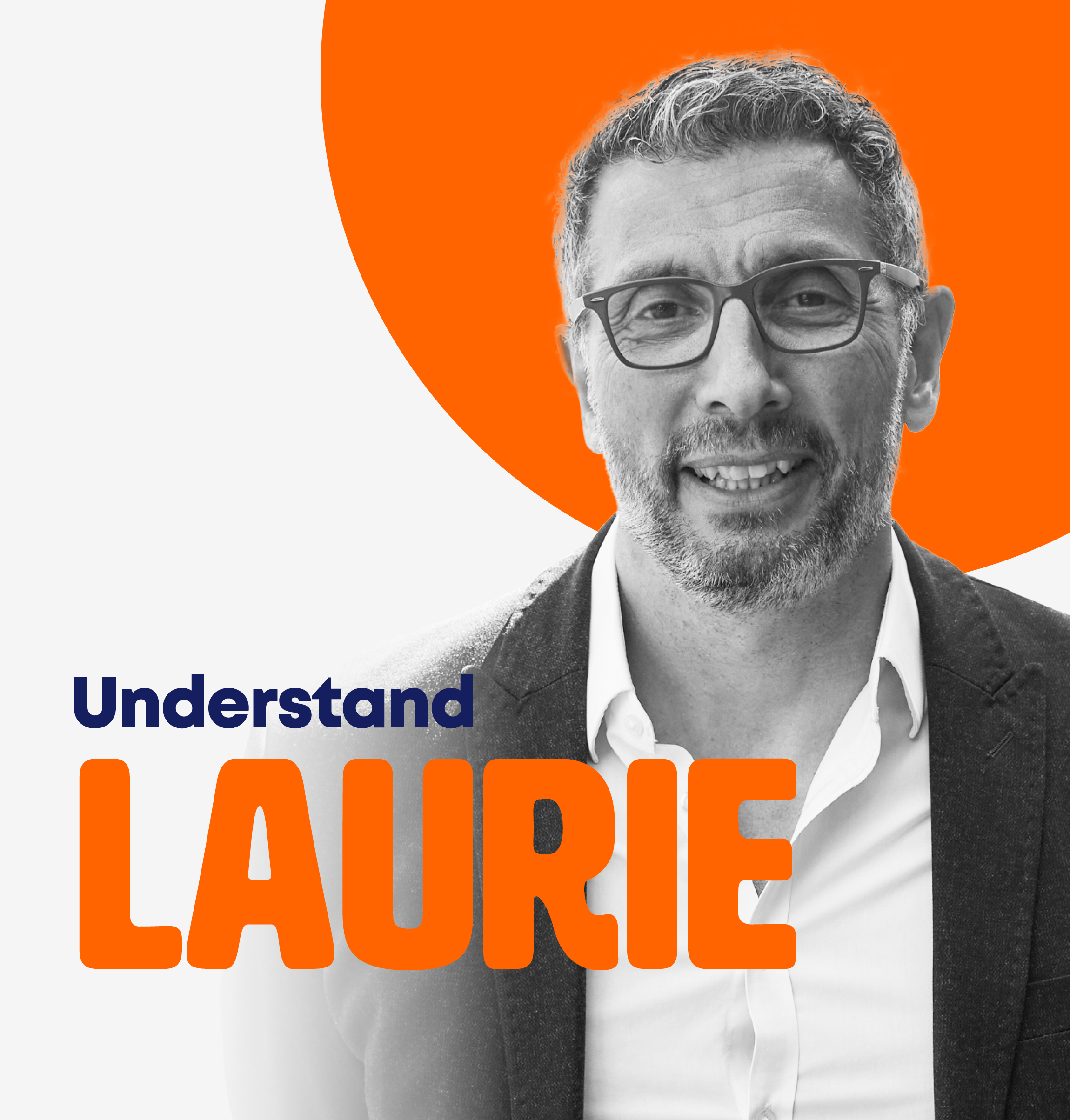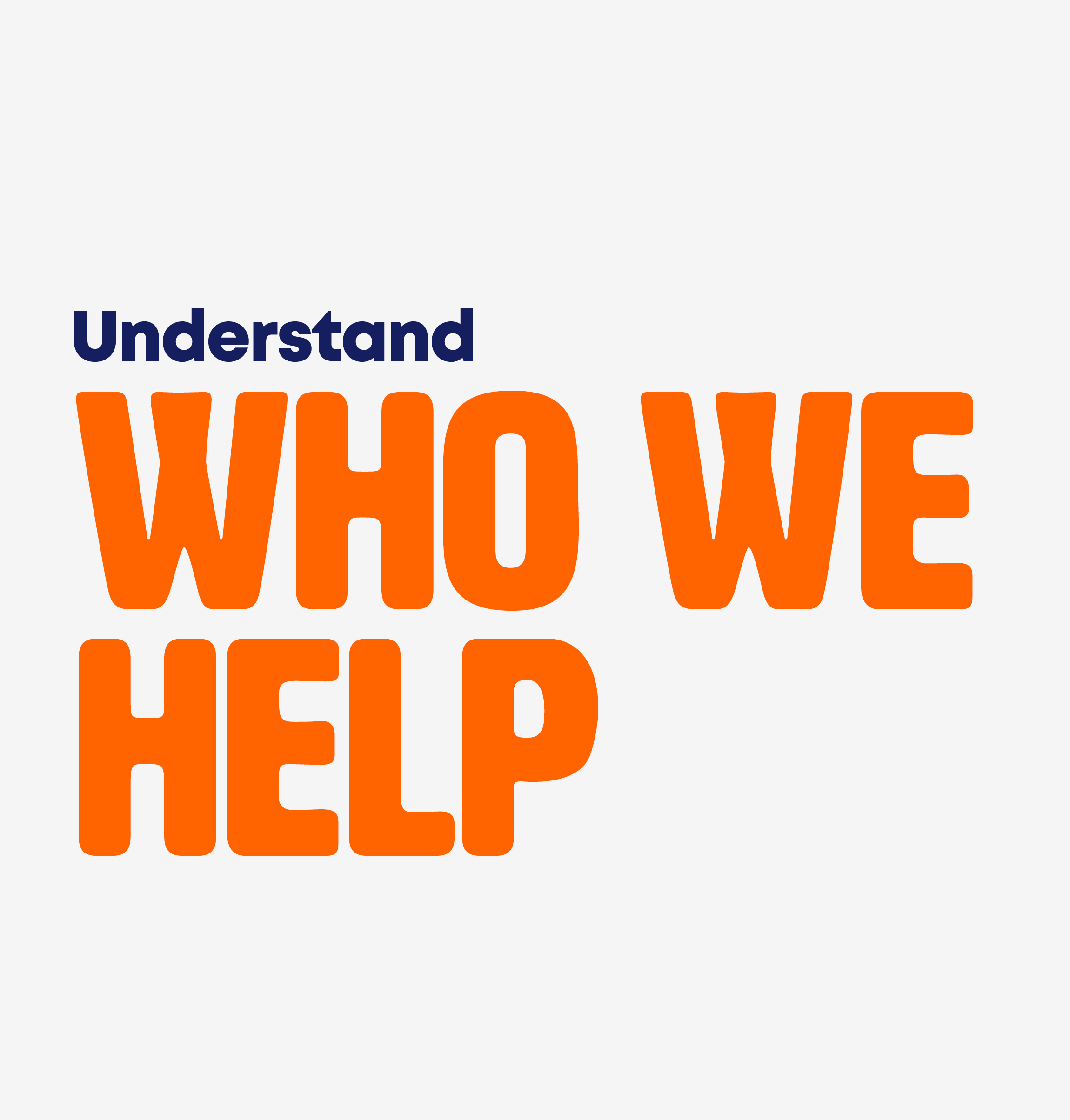
“People don’t recover or heal in isolation.”
As Jami’s senior peer educator, Simon works with our education team to deliver a range of sessions for people using Jami’s services and those living in the community with an interest in mental health.
He currently runs three different groups for a diverse group of people, but all with the same aim. “Peer education is essentially an opportunity to learn together. It is very much about creating a space where people can share experiences from their lives and from their knowledge,” he explains. “By talking about issues as a group, people get to hear things from other people who may be very different to themselves but who may be going through similar experiences.”
In the Hub
The In the Hub online sessions that Simon runs are specifically for people already using Jami’s services. As a result, they tend to be structured and facilitated because participants may be dealing with trauma. “The fact that they are not open to the general public allows them to be a safe space where people feel free to open up and learn together,” says Simon. The sessions, which take place once a month on a Monday at 11.30am, are focused 50 per cent on peer education, 50 per cent on peer experience. Simon says: “This means that in addition to thinking about research or mental health from an educational perspective, they also bring in lived experience of both mental health and recovery.” Topics covered include motivation, procrastination, loneliness, and confidence and self-esteem. But they also look at very topical subjects, such as the impact of the cost-of-living crisis. Simon says: “They tend to cover a mixture of things, which very much apply within mental health but also focus on what’s going on in society at the time and affecting people generally.”
Night School
Jami’s Night School, which Simon helped to develop and introduce in September 2021, is open to people who use Jami’s services as well as anyone else in the community who wants to participate. Simon says: “Because of the timing, it means that people who are working during the day can attend. They are also online sessions which means they are very accessible. As a result, they bring a diverse group of people together.”
Unlike the In the Hub sessions, where there is a stable core group of people who attend, Night School attracts everyone from those just wishing to join one particular session to those who come to them all. Simon says: “These people may already know Jami or they may be coming for the first time. That means you’re getting a real cross-section of the community attending and it becomes a space where people can share their knowledge and experience, in addition to really being able to reflect, learn, think and question many of the themes we address in ways that may be new and different.” These themes include imposter syndrome, asserting boundaries, radical self-care, radical self-acceptance, Jewish mysticism and spirituality, and how Jewish identity impacts mental health. “We offer a real range of courses – subjects that are very topical within the community and wider society. And we look at the kind of questions that people are asking about them,” explains Simon. “Each course draws on both research and popular culture, but also the experience and knowledge of those attending. And that creates such an engaging and lively environment that really allows for deep and diverse learning.”
Conversations East
And then there is Conversations East, a weekly online discussion group based on the French café-debat (coffee house debate) that Simon leads every Wednesday from 6–7pm and is open to everyone. He says: “The group suggests a theme to discuss each week. Sometimes it can be profound; sometimes fun. It may be meaningful or it may be related to current events.” After the topic is chosen, a facilitated discussion follows. Although the session has developed a core group of regulars who are in their 50s and 60s, Simon says that there has been an influx of young people joining too. “It’s really intergenerational and it’s great to see young people regaining their confidence through the group. But what’s even better is seeing how the people who become regulars start to shine.”
So what qualities are needed to become a peer educator? “I think you need to be curious and non-judgemental, which is always a work in progress,” says Simon. “You also need to be able to tolerate uncertainty, ambiguity and contradiction. You never get consensus in a group.” But for Simon personally, listening to the group in a deep way is one of the most important things about being an effective peer educator. “I would say that a successful session is one that enables people to express themselves.” By creating a space where everyone is encouraged to share how they feel and what they believe, Simon and the rest of Jami’s education team are empowering every voice to be heard.
